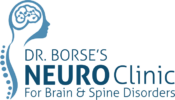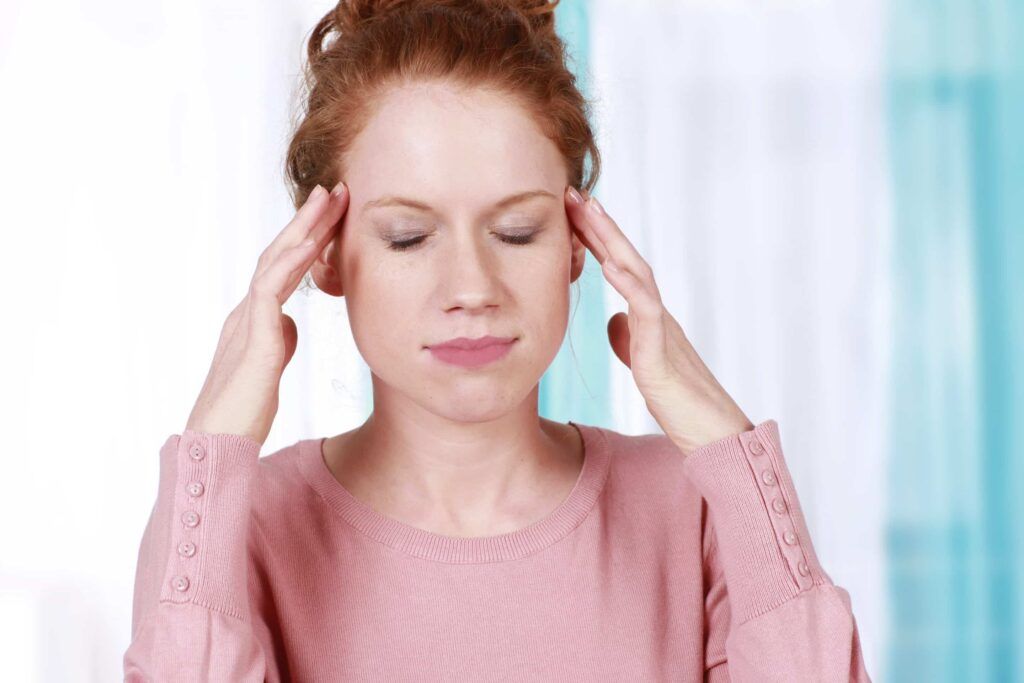The worst part about migraine is that you cannot quite pin down the trigger till the dull headache turns into a throbbing and then a terrible one-sided pain. Besides it might confine you to bed for days with symptoms like nausea, vision flashes and sensitivity to light and sound.
Given the suddenness of the attack, some home-based therapies like small amounts of caffeine, peppermint, oil vapours, cold compress or magnesium-rich foods may give quick relief. “What works for one patient may not be effective for another. Identifying specific triggers can be challenging as they differ from person to person but usually personalised plans with home therapies and lifestyle modifications work,” says Dr Sandeep Borse, senior consultant neurologist, at Jehangir Hospital, Pune.
Home therapies for quick relief
Calming activities such as yoga, mindful breathing and meditation relax the body, easing out the pain points. Applying a cold or warm compress to the head or neck may provide relief. Moderation is the key if you have caffeine – small amounts can help relieve symptoms and excess, on the other hand, may have the opposite effect. “Drinking enough water is a must. Peppermint has the potential to alleviate headache symptoms during a migraine episode. Warm the peppermint oil and inhale the vapours,” says Dr Borse.
Magnesium-rich foods, ginger, and Omega-3 fatty acids can help
Certain foods have been associated with migraine relief or prevention. Foods high in magnesium, such as nuts, seeds, whole grains and leafy green vegetables, may help reduce the frequency of migraines. Magnesium supplements can be taken but only as per the doctor’s advice and an assessment of any other health condition you might have. Known for its anti-inflammatory properties, ginger may be a preventive. “Try incorporating fresh or powdered ginger into your diet. Go for foods rich in Omega-3 fatty acids, like fatty fish (salmon, mackerel), flaxseeds and walnuts that may have anti-inflammatory effects,” he adds.
What triggers should be avoided to prevent migraines?
We may not know it, but according to Dr Borse, irregular sleep, skipping meals and processed foods are triggers. “Manage stress through relaxation techniques because heightened stress levels may increase migraine frequency. Regular exercise, while beneficial, should be approached gradually to prevent exertion-induced headaches. Lastly, stay hydrated, as dehydration is a common migraine trigger. Consulting with a neurologist for personalised advice and treatment options is advisable for effective migraine prevention,” he says.
Promising frontiers in treatment
The recent advancements in migraine treatment, particularly in neuromodulation devices, represent a promising frontier in addressing migraine pain. Technologies like Remote Electrical Neuromodulation (REN), Transcutaneous Electrical Nerve Stimulation (TENS) and Vagus Nerve Stimulation (VNS) offer non-invasive approaches with impressive results.
REN, which is a wearable device, has shown significant reductions in migraine intensity and frequency. TENS, though requiring electrode placement at the base of the neck, directly blocks pain signals. VNS, enabling self-administered electrical stimulation to the vagus nerve, reduces pain in a short time. These innovations provide patients with more control over their treatment. The choice between these methods may hinge on individual preferences and responses.

